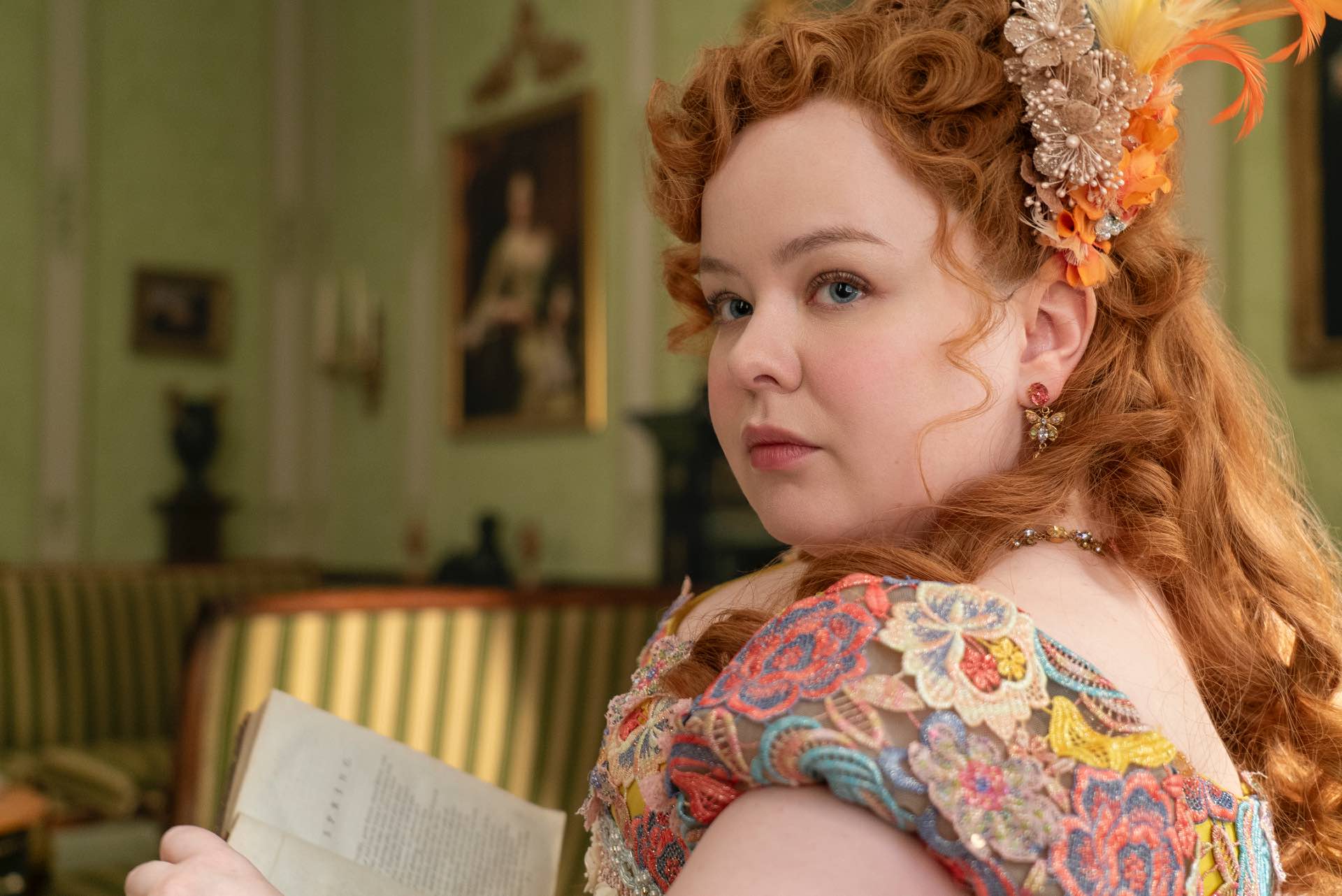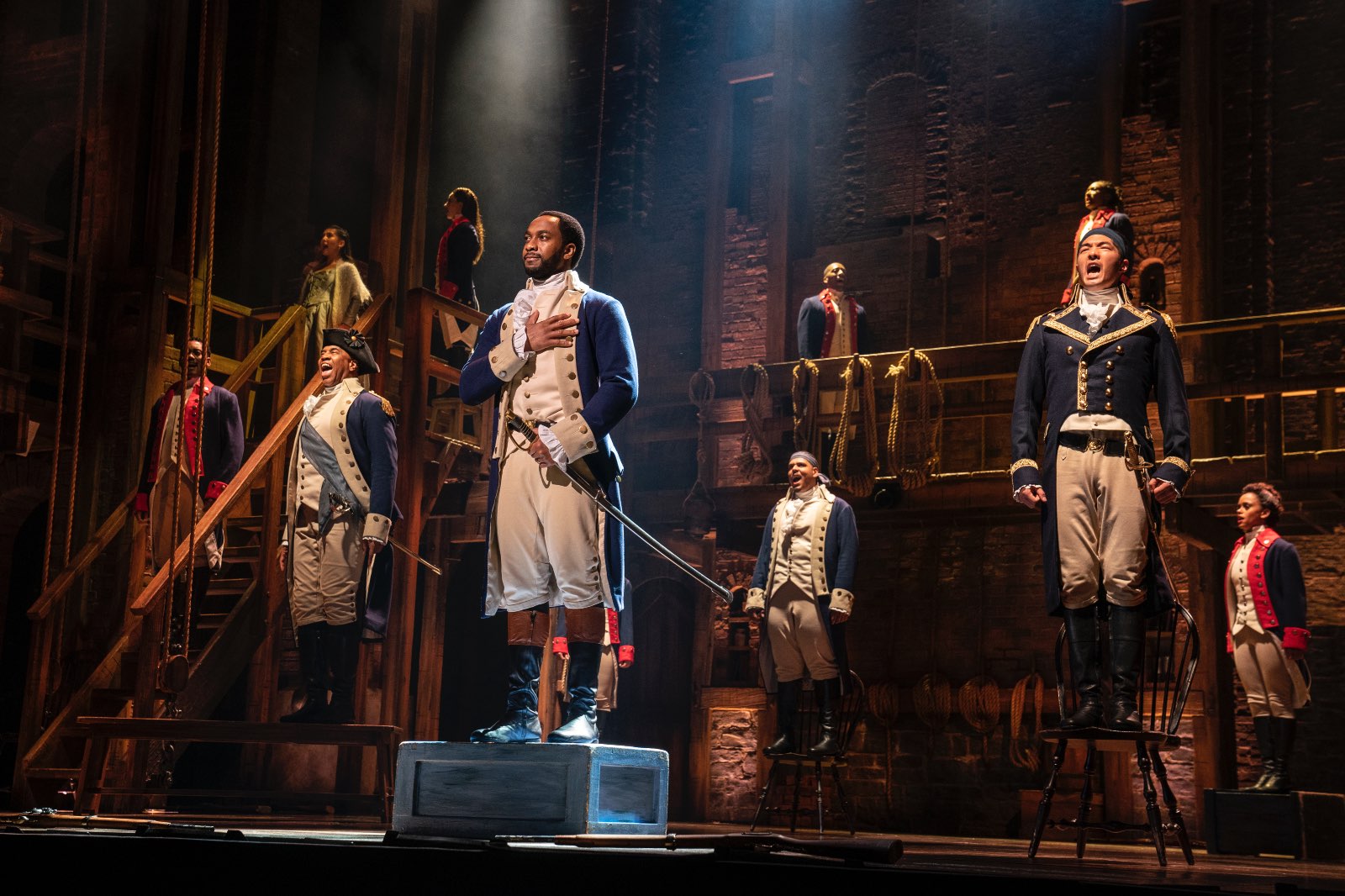
Touted as “one of the most iconic and decadent musicals of all time,” Cabaret was staged by local musical theatre collective Sing’theatre in Oct.
The musical’s tagline is true – it’s definitely decadent, fairly raunchy and absolutely iconic. But it’s also a very sensitive and thoughtful piece of theatre, exploring how the free-spirited and open-minded Berlin of the 1930s slowly succumbed to the rise of the Nazi Party and saw itself deeply transformed by fascism.
A tribute to Berlin
Despite Cabaret’s very particular historical context (far removed from present-day Singapore), there’s something subtle and tender about it that makes us grow fond of this peculiar little nightclub and its inhabitants in the span of just a few hours.
The production dives straight into the lighthearted ambience of 1930s Berlin, a haven for queer people in particular at that time. What begins as a bit of mindless fun soon turns into a tender exploration of the slow and steady encroach of the Nazi Party, until it’s suddenly in plain sight, fascism taking over not just the cabaret but the characters’ lives at large.
Many of them are dismissive of what it means for the future and of how things will develop, confident that the situation will pass. It’s very much reflective of how extremism functions even to this day, quiet and cunning and often inconceivable until it suddenly seems to dominate everything.
While Cabaret is certainly bold and provocative, it’s admirable that there is nothing gratuitous about it. What is done for shock value is executed with respect and sensitivity, never upsetting the audience for shallow amusement but to mirror the palpable horror of a country plunged into war. The power of art, of each individual scene and of precise, careful pacing is not to be understated here.
Nuance, tenderness and dignity
Against this backdrop of the Weimar Republic, we are introduced to a cast of wildly talented performers. English singer Sally Bowles is of course the star of the show, played by Kimberly Chan in this production.
At first seemingly ditzy and shallow, she soon reveals a kind of deep-seated loneliness, accompanied by the sheer grit and determination of a working girl. Her vulnerability is captured beautifully by the actress, who puts on a breathtaking performance from start to finish, singing, dancing and acting flawlessly for hours on end, which is no easy feat.
The emcee of the Kit Kat Club is another icon of Cabaret, a queer, androgynous role played with plenty of character and so much vitality by the talented Dwayne Lau. In a way, this is the figure who truly embodies the changes unfolding in Berlin, starting off as a loud and bawdy personality and slowly taking on a darker, more sinister tone in each performance, while remaining consistently uninhibited.
Historically gender-bending and very much queer-coded, the emcee of the Kit Kat Club is also an important nod to a facet of the Nazi regime that is not frequently discussed, namely the persecution and deportation of countless queer individuals to concentration camps. The musical doesn’t shy away from this often ignored part of German history and in fact hones in on the reality of it by dressing the emcee in striped pyjamas for a chilling final dance. An inverted pink triangle is pasted on this infamous outfit – the Nazi camp badge used to identify gay men, nowadays reclaimed as a symbol of pride in the LGBT+ community.
Sally Bowles and the emcee are supported by an incredible lineup of fellow performers, adding up to a fabulous cast of 18. Vester Ng plays Sally’s lover, the rather bland American writer Cliff Bradshaw, who in a way anchors the story as the new arrival exploring the decadence of Berlin. For a Singaporean audience especially, he is the perfect main character, introducing us to the city and its context through the eyes of a foreigner while allowing the more vivacious characters to shine.
Fräulein Schneider, Cliff’s somewhat uptight but kind-hearted landlady, is played by Siti Khalijah Zainal, who portrays her with dignity and appreciation for all of her quirks. She starts off mainly butting heads with one of her tenants, sex worker Fräulein Kost (played by Vanessa Kee), but ultimately gets her own bittersweet storyline. Her doomed engagement to Jewish fruit vendor Herr Schultz (played by Matt Grey) is both heartbreaking and ominous, with Herr Schultz being one of the characters who is most in denial about Germany’s dark fate.
While not present in as many scenes as some of the other characters, Ernst Ludwig must be mentioned too, playing a crucial role in the development of Cabaret. Portrayed by Keagan Kang, he is one of the first characters we are introduced to, becoming a good friend of Cliff’s, and ultimately represents the insidious ways extremism infiltrates our lives.
The revelation that he is working for the Nazi Party triggers major plot points in the production, laying bare the hatred and violence hiding just beneath the surface and often simmering in the people we consider our friends and loved ones, a realisation that awakens many of the characters to the reality of Germany’s political situation.
An unforgettable performance
We must also give credit to the people who poured their hearts into this production behind the scenes, including director Hossan Leong, producer Nathalie Ribette, musical director Elaine W. Chan and choreographer Lisa Keegan. What a team to have produced something so flawless!
On stage but not quite at the forefront was also an eight-piece live orchestra, ensuring we would get the musical’s multilingual soundtrack stuck in our heads for days. In fact, we haven’t been able to stop singing the emcee’s glorious “Willkommen” ever since we attended the show.
This wide range of musical talent was paired with immersive stage design by Wong Chee Wai and lush costumes by Max Tan, as well as perfect lighting by Reuben Ong and crucial sound design by Shah Tahir. By combining all of this with a nuanced appreciation for Berlin’s history and culture and a drive to empower freedom in the face of hate and fascism, Sing’theatre has created something truly remarkable that won’t be easily forgotten.
If you missed Cabaret, more shows will be coming your way. Sing’theatre’s upcoming musical Once Upon A Like on Nov 4 is based on the timeless Cinderella story but with modern social media twist. Get your tickets here.





